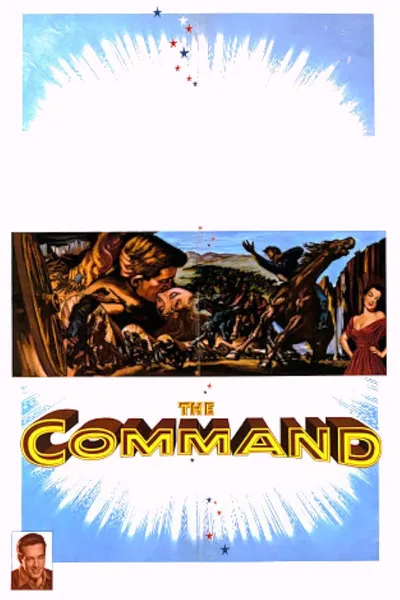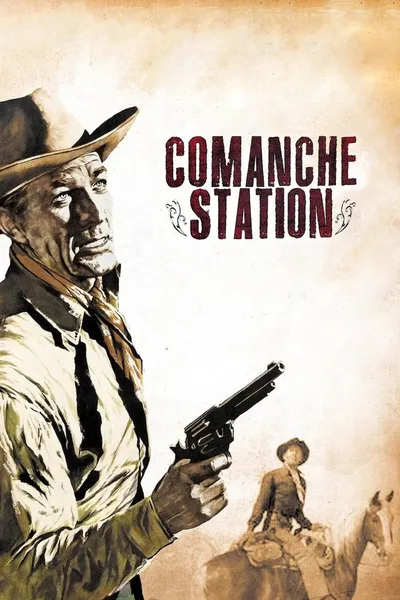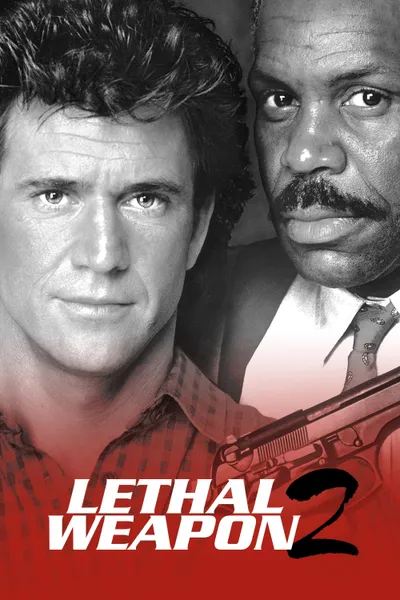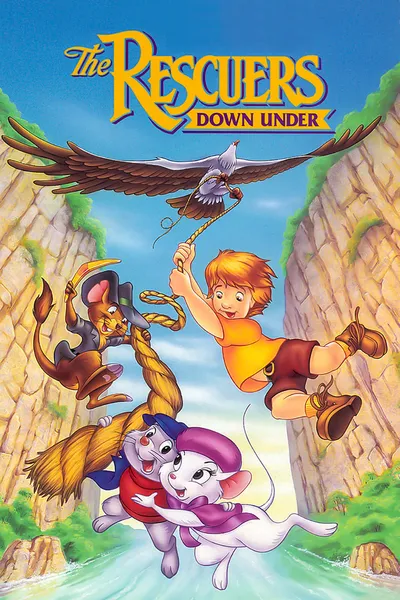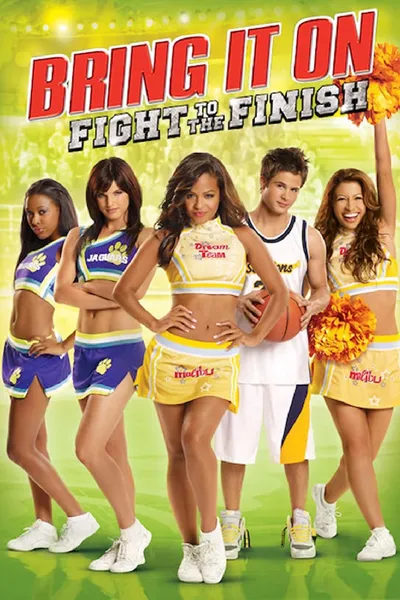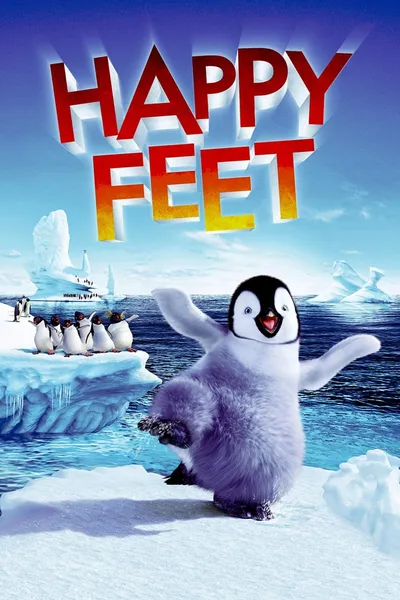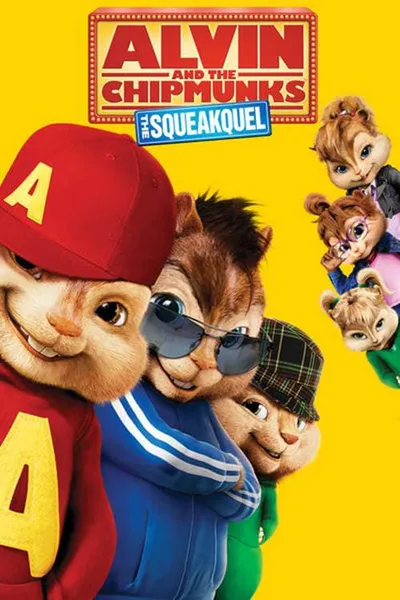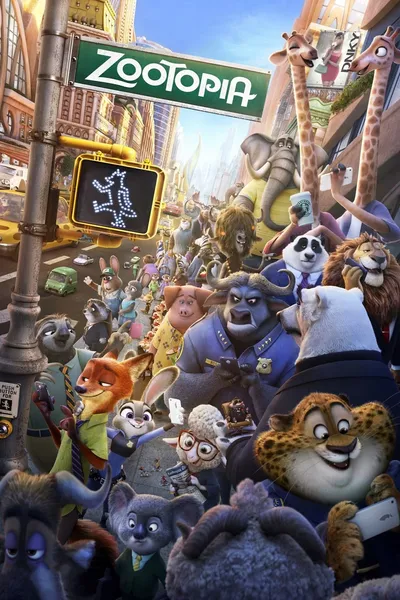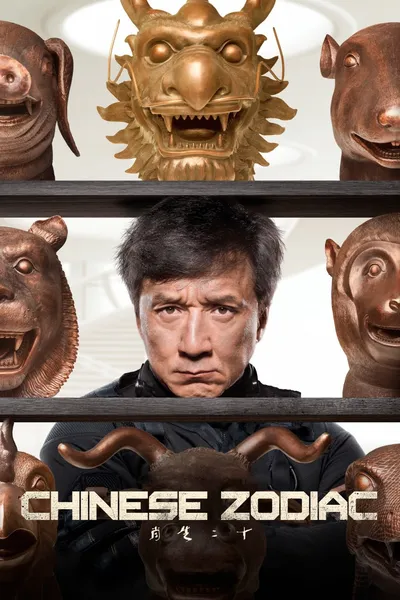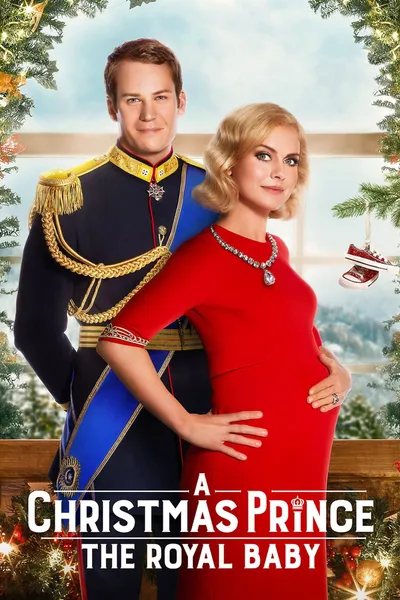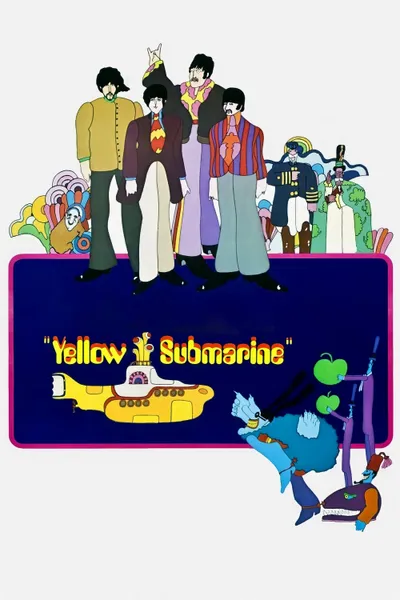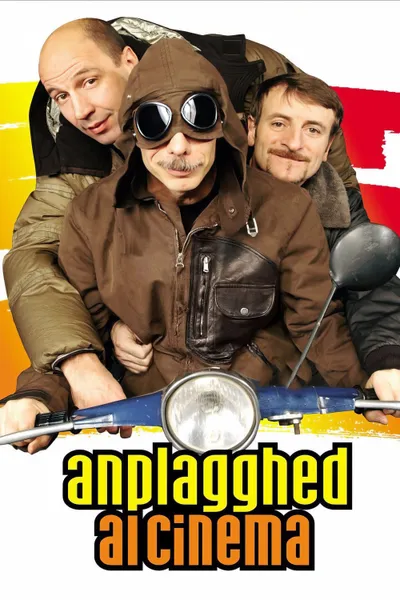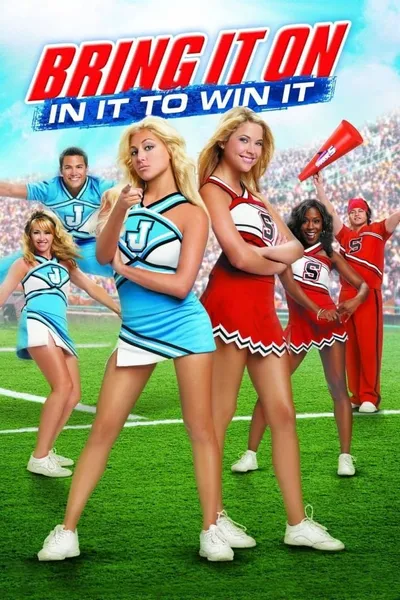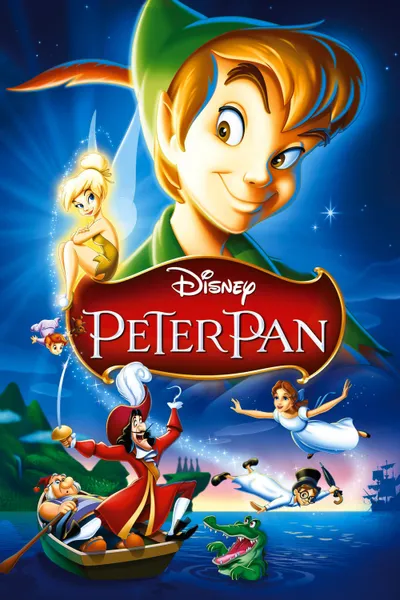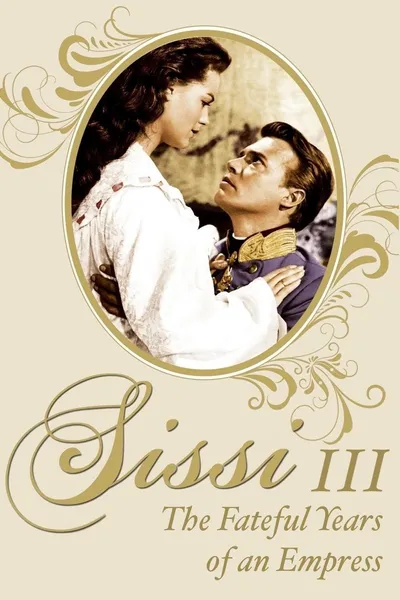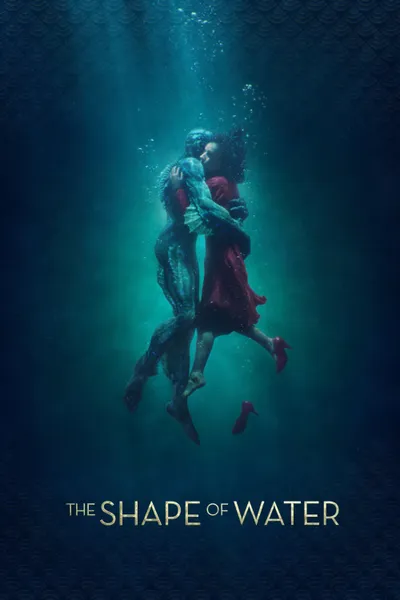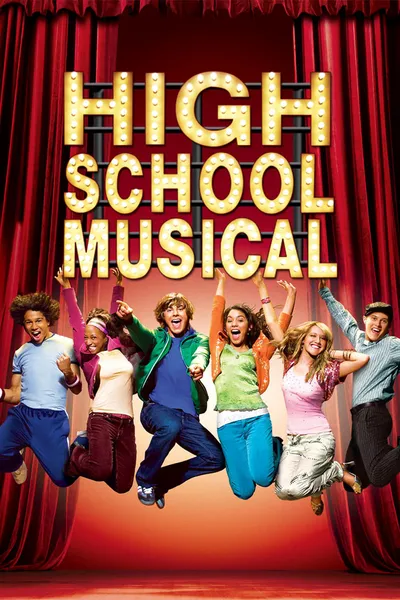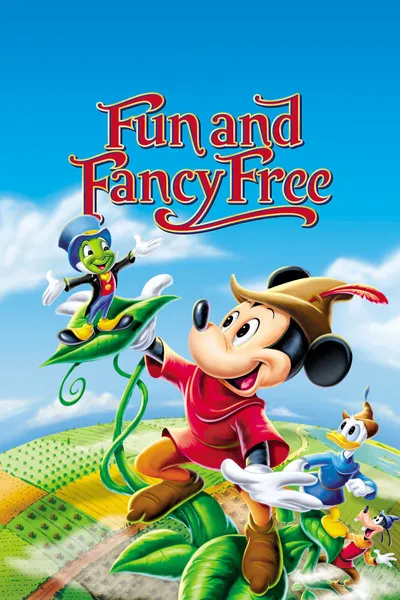Reviews

John Chard
May 16, 20148.0
The Square Peg and the Round Hole.
The Command is directed by David Butler and adapted by Samuel Fuller and Russell Hughes from the novel "Rear Guard" written by James Warner Bellah. It stars Guy Madison, James Whitmore, Joan Weldon, Carl Benton Reid and Harvey Lembeck. A CinemaScope production in Warnercolor, music is by Dimitri Tiomkin and cinematography by Wilfred M. Cline.
When the commanding officer of his Cavalry patrol is killed, the army doctor is tasked with taking the reins and leading the men.
It deserves to be better known. Warner Brother's first CinemaScope release and the first Western to be filmed in that widescreen format, The Command is far better than what the routine synopsis suggests it is. For sure the Cavalry versus Indians theme is the steady heartbeat ticking away in the piece, but the writers have inserted other points of worth to expand the level of interest throughout the hour and half running time.
Madison is Captain MacClaw, the Cavalry doctor who is entrusted with command of the troop by his dying superior. The men aren't happy with this, more so when they find themselves involved in a deadly game of cat and mouse with the Indian hordes. Not only that but they are charged with escorting a civilian wagon train to safety, the residents of which may be transporting smallpox! When the troop are joined by an infantry regiment, this only complicates matters because there's no love lost between the two army forces. Where the Indians have a united front, the various tribes fighting as one force, the American military are at odds with each other on tactics and manoeuvres.
Tactics are a big issue in The Command, the story tosses up the argument about doing things by the book or breaking free of code restrictions and throwing caution to the wind. There's also opposing issues on the medical front, two doctors at odds with diagnoses which quite literally could be the end of them all if they can't get it right. Some critics have said Butler's direction is ponderous, but I'd argue strongly that that is not the case. It's true that the first hour involves a lot of talking, squabbling and sarcasm, but the director is juggling many thematic balls in readiness for the grand last third of the piece. Besides, he does insert action scenes along the way, including one blood and thunder sequence that is capped off by a surprising turn of events.
Then that last half hour comes, and it is superb. The tactics issue comes to a head, and everyone wonders if this is going to be another General Custer piece of history. Pic then explodes into all out action, with weaponry combat supplemented by hand to hand sequences. Chases are electrifying, the fires do rage and the wagons do hurtle and fall, the stunt work here is excellent, as is Butler's fluid camera work. We even have time for some fun in the mix, as one of the "special" tactics involves drag artistry. Tiomkin layers a boisterous score over proceedings, mixing marching beats with thunderclap percussion, and Cline in the Scope format brings the various California locations (pic is mostly set outdoors) bursting out of the screen. Cast are just dandy, with Whitmore the class act on show, but both Madison and Weldon make for a colourful and appealingly interesting pair.
It’s guilty of being rooted in those Westerns of the era who just put the Indians up as a savage force whooping, hollering, firing arrows and flinging axes. Even though Whitmore’s Sergeant Elliot is given some lines that recognise the Indians as not being dumb Howitzer fodder. So this obviously isn’t in the league of those great psychological Westerns that afforded the Indians great respect. This is firmly in the realm of action for entertainments sake, with some other delicate thematics that garnish the spectacle on the cinematic plate. 8/10
Recommendation Movies
Comanche Station1960
Lethal Weapon 21989
The Rescuers Down Under1990
The Little Mermaid II: Return to the Sea2000
Bring It On: Fight to the Finish2009
Happy Feet2006
Alvin and the Chipmunks: The Squeakquel2009
The Immature: The Trip2012
Zootopia2016
Chinese Zodiac2012
A Christmas Prince: The Royal Baby2019
Yellow Submarine1968
Anplagghed al Cinema2006
Bring It On: In It to Win It2007
Peter Pan1953
Sissi: The Fateful Years of an Empress1957
The Shape of Water2017
High School Musical2006
Fun and Fancy Free1947
A Wish for Christmas2016
© 2025 MoovieTime. All rights reserved.Made with Nuxt
